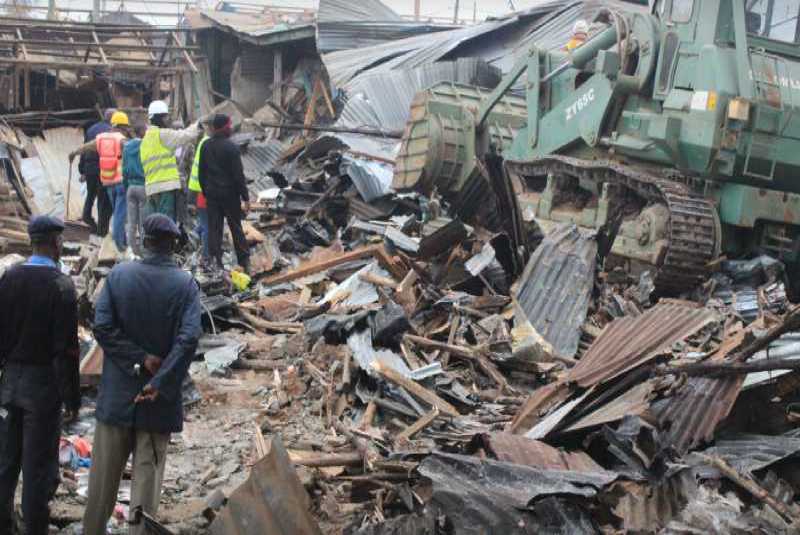
Are our leaders deliberately exploiting the vulnerability of the poor? This seemed the case in at least two recent incidents involving mass evictions of poor families from government land. In Kibera, some residents were forcibly evicted to pave way for construction of the connecting road between Langata and Ngong roads.
Though there seemed to have been some discussions initiated to help relocate these people out of what apparently has always been a road reserve, they nonetheless woke up to the rude shock of roaring bulldozers flattening their humble abodes. All assurances that they would not be forcibly evicted turned out to be illusory.